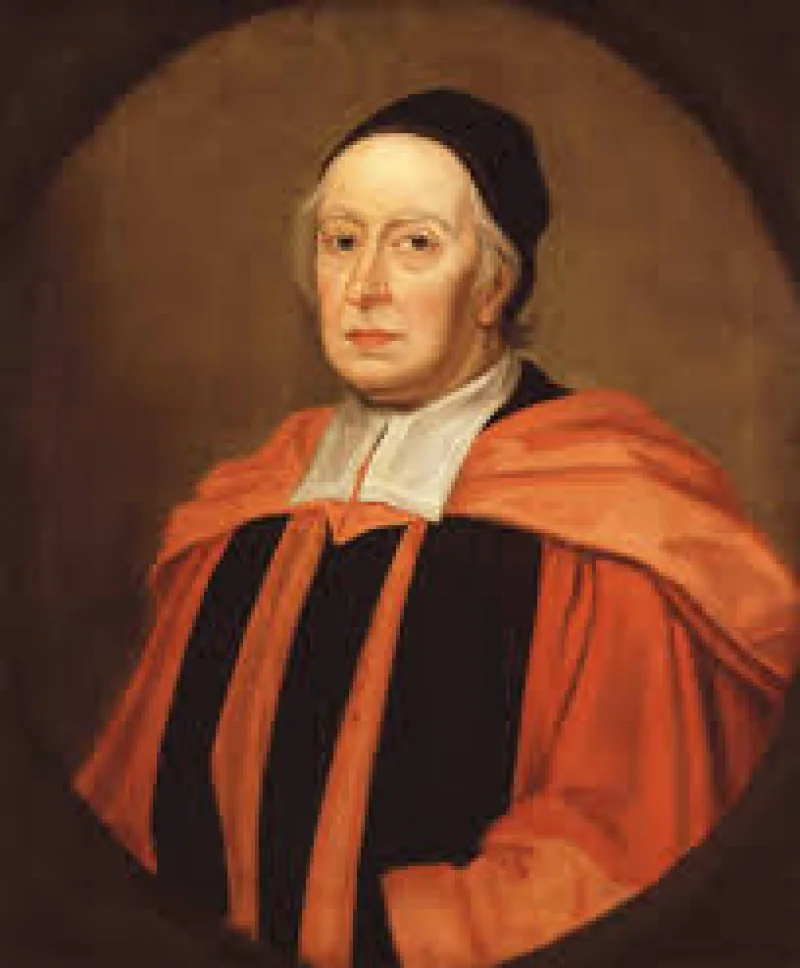Short Summary
Virginia Apgar was an American obstetrical anesthetist who revolutionized the field of neonatology with the development of the Apgar Score, a quick and simple way to assess the health of newborns immediately after birth. Her pioneering work has saved countless lives and improved the standard of care for infants worldwide. Beyond her medical contributions, she was also a trailblazer for women in medicine, becoming one of the first female professors at Columbia University College of Physicians and Surgeons.
Early Life & Education
Virginia Apgar was born on June 7, 1909, in Westfield, New Jersey. She grew up in a family that encouraged intellectual curiosity and excellence. Her father, an insurance executive, had a keen interest in science, which inspired her own love for the field. Apgar attended Mount Holyoke College, where she graduated in 1929 with a degree in zoology. She then went on to Columbia University College of Physicians and Surgeons, earning her medical degree in 1933. Despite the challenges women faced in the medical field at the time, she was determined to pursue a career in surgery and later specialized in anesthesiology.
Career Highlights
After completing her residency in surgery, Virginia Apgar was encouraged by Dr. Allen Whipple, the chair of surgery at Columbia, to switch to anesthesiology due to limited opportunities for women in surgery. She became the director of the division of anesthesia at Columbia in 1938. In 1949, she became the first woman to be appointed as a full professor at Columbia University College of Physicians and Surgeons. Her development of the Apgar Score in 1952 was a significant milestone in her career, transforming the field of obstetrics and neonatology. She later worked for the March of Dimes, focusing on the prevention of birth defects.
Major Achievements
- Developed the Apgar Score: A five-point system to quickly assess the health of newborns, improving infant survival rates.
- First female full professor at Columbia University College of Physicians and Surgeons: Paved the way for women in academic medicine.
- Advocate for birth defect research: Worked with the March of Dimes to promote research and prevention strategies.
- Authored "Is My Baby All Right?": Co-wrote a book to educate the public on newborn health.
Famous Quotes
- "Women are liberated from the time they leave the womb."
- "Nobody, but nobody, is going to stop breathing on me."
Interesting Facts
- Virginia Apgar was a skilled musician and played the violin, cello, and piano.
- She was known for her quick wit and vibrant personality.
- In 1994, she was honored with a stamp as part of the "Great Americans" series by the U.S. Postal Service.
- Her Apgar Score is still used worldwide in hospitals today.
Legacy / Influence
Virginia Apgar's legacy endures through the continued use of the Apgar Score, which has become a fundamental part of newborn care globally. Her work has significantly reduced infant mortality rates and improved the quality of neonatal care. She is also remembered as a pioneer for women in medicine, inspiring future generations to break barriers and contribute to medical science.
FAQ
Q: Why is Virginia Apgar famous?
A: She is renowned for creating the Apgar Score, a vital tool in assessing the health of newborns.
Q: What did the Apgar Score measure?
A: It measures five criteria: Appearance, Pulse, Grimace, Activity, and Respiration.
Q: What role did she have at Columbia University?
A: She was the first female full professor at the Columbia University College of Physicians and Surgeons.
Q: Did she write any books?
A: Yes, she co-authored "Is My Baby All Right?" to educate the public on newborn health.












